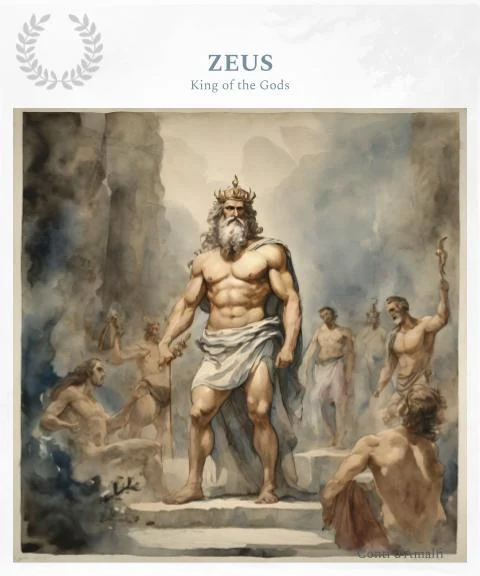Monday: Derived from "Moon's day," associated with the Moon. The Old English term is "Monandæg."
Tuesday: Named after Tiw (or Tyr), the Norse god of war. The Old English term is "Tiw's day" (Tiwesdæg).Wednesday: Named after Odin (Woden), the chief of the Norse gods. The Old English term is "Woden's day" (Wodnesdæg).
Thursday: Named after Thor, the Norse god of thunder. The Old English term is "Thor's day" (Þūnresdæg).
Friday: Named after Frigg (or Freyja), the Norse goddess of love and fertility. The Old English term is "Frigg's day" (Frīgedæg).
Saturday: Comes from the Roman god Saturn. The Latin term is "dies Saturni," meaning "day of Saturn."
Sunday: Derived from "Sun's day," associated with the Sun. The Old English term is "Sunnandæg."
This blend of Norse and Latin influences reflects the cultural interactions in England, especially following the Viking invasions and the Christianization of the Anglo-Saxons. Before the arrival of Christianity, many English-speaking peoples practiced various forms of paganism, which included worshiping a pantheon of gods and nature spirits. The Norse gods, such as Thor and Odin, were central to these beliefs. With the Roman conquest of Britain and later interactions with Roman culture, many aspects of Roman mythology and religion were integrated into local practices. The names of the days of the week, particularly Saturday (named after Saturn), are a direct reflection of this influence. As Christianity spread through England, it often coexisted with and adapted existing pagan traditions. This sometimes resulted in a synthesis of beliefs, where Christian practices were integrated with older customs. For example, many pagan festivals were repurposed as Christian holidays.
REPURPOSED
In Norse mythology, Thor is not typically depicted as the king of the gods. That title belongs to Odin, who is the chief deity. While Thor is a major god known for his strength and protection, he does not ascend to kingship after Odin's death in the traditional myths.
There are some interpretations and modern adaptations (like in comics and films) that explore the idea of Thor taking a more prominent leadership role, especially in a post-Odin world. However, in the original myths, Thor and Odin have distinct roles, with Odin as the wise and powerful leader and Thor as the warrior protector.
(Luppiter)
In Latin, Jupiter is called "Iuppiter." The name derives from the Proto-Indo-European root *dyeus, meaning "sky" or "daylight." Jupiter was considered the king of the gods in Roman mythology, overseeing laws, social order, and governance.
While there is no direct line from Enlil to Jupiter, the evolution of sky gods across cultures illustrates a fascinating interplay of mythology. Enlil's influence can be seen in the attributes and roles of later deities like Zeus and, subsequently, Jupiter, as these cultures adapted and transformed earlier beliefs to fit their own religious frameworks. This syncretism highlights how ancient societies understood and represented the divine, merging traits and stories over time.
Enlil: The Sumerian Sky God
- Origins: Enlil is one of the most important gods in Sumerian mythology, often regarded as the god of wind, air, earth, and storms.
- Role: He was considered the chief deity of the Sumerian pantheon and was associated with kingship and authority. He was often called the "King of the Annunaki," a group of deities in Sumerian belief.
- Attributes: Enlil was known for his power over the elements and was often depicted as a figure of great authority, responsible for the fate of humanity.
Transition to Roman Mythology
-
Cultural Syncretism: As cultures interacted, particularly through trade and conquest, their deities began to merge and influence one another. The Romans absorbed many elements of Greek and earlier Near Eastern religions.
-
Greek Influence: Enlil's characteristics can be paralleled with those of the Greek god Zeus, who was also a sky god and king of the gods. The Romans adopted many Greek deities and their attributes, leading to the development of Jupiter as the Roman counterpart to Zeus.


Comments
Post a Comment